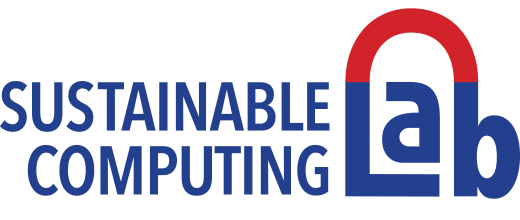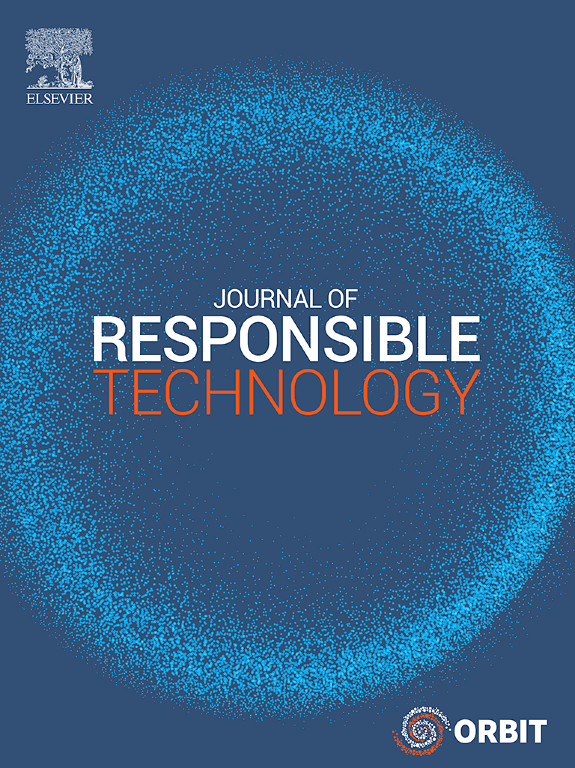Prof. Dr. Sarah Spiekermann, chair of the Institute for Information Systems and Society at WU Vienna, gave an interview for the podcast netzpolitik.org on the question: “Can Ethics be standardized?” She was talking about the work on her new book Digitale Ethik, which aims to provide process standards for ethical design.
A major focus of the conversation was ethical responsibility of algorithms, whereas she suggests that it is not possible to build ethical algorithms, as humans do a much better job at determining what the best thing to do is. Algorithms can only decide according to simplistic utilitarian considerations. The reality of things is so much more complex than any digital application can grasp. Machines are biased because of the data they have and software always contains some mistakes. This is why specific applications of algorithms are a fundamentally bad idea, as for example predictive policing.
Commercial enterprises use the internet to reduce the freedom of people. Meanwhile, the ethical discussion often revolves around Red Herrings, such as the question whether autonomous cars should bump into old ladies or a group of youngsters. Such discussions divert from the real problems. It is important to ask the right questions when talking about digital ethics. Not only consumers, but everybody involved in the development and production of technology has a responsibility to think about where we want to go and what kind of society we want to create and live in.
For the entire interview click here: https://netzpolitik.org/2018/netzpolitik-podcast-folge-161-kann-man-ethik-standardisieren/
On April 1st 2019 her book “Digitale Ethik – A Value System for the 21st Century” (available on: https://www.amazon.de/Digitale-Ethik-Ein-Wertesystem-Jahrhundert/dp/3426277360) will come to the German book market.
… enjoy!





